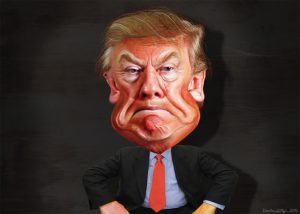Commonly Confused Words, Part VII
Here is my final set of commonly confused words. My other posts on commonly confused words are here (that/which/who; more than/over; few(er)/less; amount/number; farther/further; since/because/as; among/between; who/whom; attain/obtain), here (a/an/the; counsel/council; e.g.,/i.e.; it’s/its; principal/principle; then/than; utilize/use; you’re/your; affect/effect; tortious/tortuous; tack/tact; capitol/capital; motioned/moved; flesh/flush), here (although/while; assure/insure/ensure; complement/compliment; rational/rationale), here (a couple, a few, some, several, and many), here (born/borne; good/well; lay/lie; pair/pare/pear; peak/peek/pique; precedent/precedence; whether/whether or not), and here (disinterested/uninterested; discreet/discrete; elicit/illicit; liable/guilty; lead (lead)/lead (led)/led; loose/loosen/lose; plead/pleaded/pled; precede/proceed; prescribe/proscribe; site/sight/cite).
Adverse/averse – Both of these words are adjectives; that is, they describe or modify nouns. “Adverse” refers to something—or someone—that prevents success or blocks our path. It could be, say, adverse market conditions for certain investments; it could be an adverse party in a lawsuit. “Averse” means hostile or opposed to or showing a strong dislike or distaste, and usually refers to feelings about something. E.g., Analiese is averse to cigarette smoke. Or, Simon is risk-averse. That is, Analiese strongly dislikes cigarette smoke and Simon really doesn’t like taking risks.
Allude/elude – “To allude” is to suggest something indirectly. Like, Ryan’s report on our last meeting alludes to what we discussed the first time we met. “To elude” is to evade or escape, usually in a skillful or clever way. (Thus, you can remember elude = evade/escape.) E.g., The prisoners eluded the sheriff for a week before they were finally captured.
Assume/presume – My father used to have a saying about the word “assume,” which he once explained to me by drawing with his favorite pen on a napkin in a restaurant. It involved placing slash marks at two points in the word to show what happens when one assumes. “To assume” is to suppose or to believe, but without any proof. I assume that Jess won’t mind if we leave now means that I believe Jess won’t mind if we leave now, but really I don’t know for sure. I could be wrong. And if I am, well, there’s where my father’s diagram comes in.

